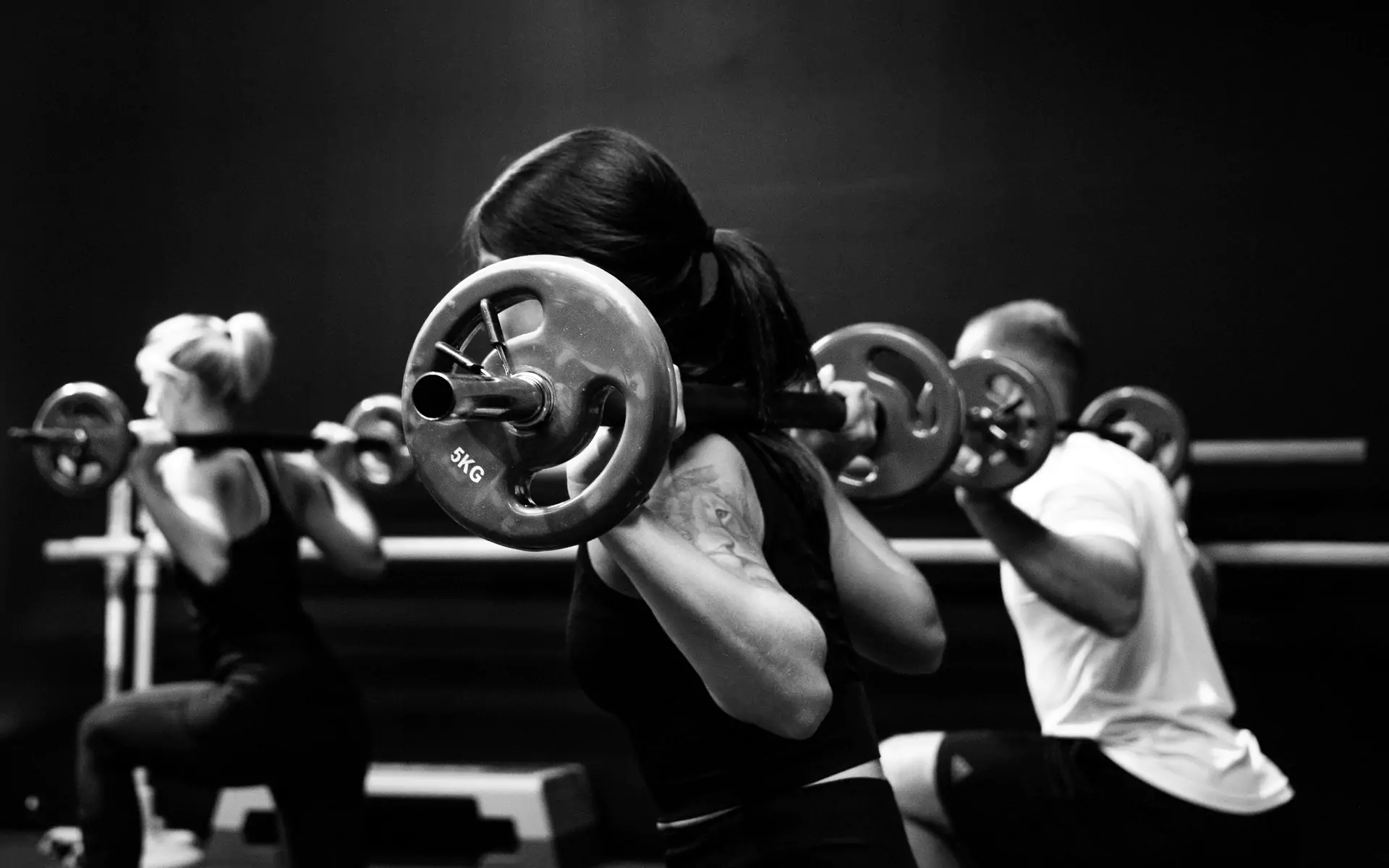nine Tips to a Fun Exercise Program
Eubie Blake, the jazz pianist, voiced the feelings of many an older American when he said, If I'd known I was going to live this long, I'd have taken better care of myself."
Fortunately for today's seniors, doctors and health care organizations are waking up to the fact that it's never too late to start taking better care of you. All over the country, senior citizens are being encouraged by their children, doctors, grandchildren and health care providers to "Get up and move!" And all over the country, they're tugging on jogging pants, lacing up their sneakers and heading out there to have some physical fun.
To be fair, not all seniors need urging. According to a number of surveys of adults in the AARP set, this generation of older Americans is one of the most active, physically fit ones we've ever seen. As Baby Boomers hit retirement age, they're not slowing down. Instead, they're barreling into their senior years with all the energy and gusto they've tackled everything else in life.
And this is excellent news for their health, say doctors and researchers. Nearly every major study conducted in the last ten years has confirmed that staying active is a great way to stay young and healthy. And while doctors used to advise their older patients to slow down and take it easy, now they're far more likely to encourage them to get up and go. As recently as a decade ago, most people figured that if you weren't already exercising and active by your thirties, getting active after that wasn't likely to help you much. Now they know better. In fact, no matter what age you are, getting yourself into the habit of being physically active on a regular basis can help you reduce the effects of getting older, increase your bone density and cut your risks of fractures, cut down on your risk of developing diabetes and even reverse some of its effects. As if that isn't enough, doctors have also found that seniors who are physically active for at least an hour daily three or more times a week reduce their risk of heart attack, lower their blood pressure, are less likely to be depressed, and live longer AND happier lives than their sedentary counterparts.
Think that you'd like to join the fit for life generation? Then doctors and fitness professionals have these tips to help make it easy and fun.
Don't let limited mobility or chronic conditions stop you from becoming active. The fact is that keeping your body moving is a key ingredient in getting better. Research has shown that regular physical activity improves just about every health condition that limits you.
Do, however, check with your doctor before starting out on any exercise program, particularly if you have arthritis, diabetes or a heart condition. A knowledgeable doctor can steer you toward activities that will strengthen your bones, joints and heart, or refer you to a physical therapist who can design an exercise program that works for you.
Pick activities that are fun. Take up golfing or hiking, walk at a local flea market, or join a volleyball team or class at a local fitness center.
If you have joint pain or osteoporosis, go for low-impact aerobic activities like walking or swimming. Be careful with activities that involve rapid starts and stops like handball or tennis.
Buddy up for double fun. Getting together with an exercise buddy can help keep you on track on the days when you just don't feel like working out. Even better, teaming up with a friend can make exercise seem a whole lot less like exercise and a lot more like fun. Would you rather 'exercise' or play a round of golf with a friend?
Got grandkids? They can be an excellent motivator. Playing with the grandkids is more than just fun. Pushing a stroller uphill on a fifteen minute walk is resistance training. Bouncing a 20 pound toddler on your knee is weight training. Half an hour of pitching balls for batting practice with your ten year old grandson is aerobic exercise" you can continue from there, can't you?
If you do decide to join an exercise, dance or fitness class, fitness experts recommend finding one with members roughly your own age. Often, when seniors join classes that are mixed ages or mostly younger, they feel pressured to keep up with the competition.
Be flexible with scheduling and forgiving of yourself. If you don't get out for your walk in the morning, stop in at the health club for a swim in the afternoon. If you miss your golf game on Tuesday, fit in a walk after dinner that evening.
If it "hurts" stop. No pain no gain is not the motto you want to make your own. Moderate physical activity shouldn't hurt. Waking up stiff the morning after a workout is normal. Being in pain all day the next day is not. Listen to your body and if it says you're overdoing it, slow down until it recovers.
Being active and fit is a great way to stay healthy and have fun well into your senior years. Don't think the time has passed you by" just get up and move!
